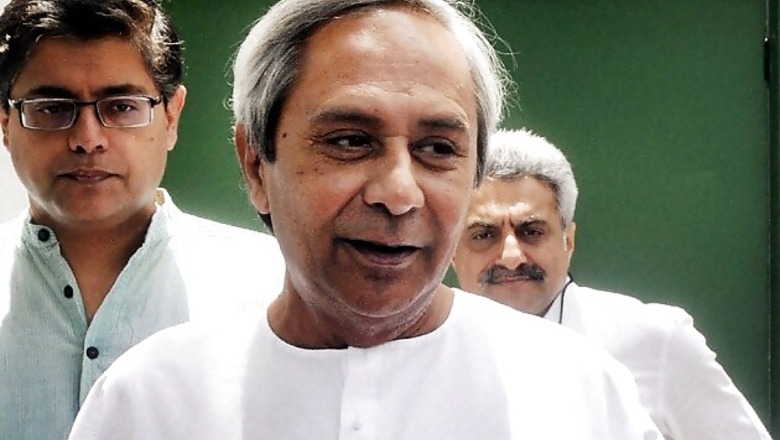
views
There was a lot of uproar in the Devyani Khobragade case, or the need for Jan Lokpal or the Chinese incursion in India - and rightfully so - these are the issues which are the defining features of our democracy, which need to be dealt appropriately to overcome challenges to our 60-year old democracy. However, these issues are but a small part of the daily lives of an average Indian voter - the aam aadmi. For an Aam Aadmi, an inflation in food prices is a much bigger issue than, whether or not, diplomatic procedures were met during actions against the Indian diplomat. Similarly, provisions of Janlokpal Bill are lower on priority list, than availability of drinking water.
There is little doubt that voters have become much more aware; and as a politician, it is necessary to understand what voters want. While subject matter experts will debate efficacy of Janlokpal, a voter is more likely to vote for a candidate who can alleviate his daily problems of access to food and water. Campaigning at the grass-root level is one reliable way to understand the problems of the voters. However, in spite of 60-year old democracy, there seems to be a disconnect between what the leaders promise and what the voters want. I, therefore, started my political campaign intending to understand the problems which the people at the grass-root level faced.
Spending time trying to understand the lives and necessities of rural villages in Balangir, Odisha, has been one of my most humbling experiences. Working at the grass root level in Balangir, and travelling with youth cadre of BJD in Odisha over the last two years, I realised how basic and simple the needs of rural India are. And I was surprised to see families staying optimistic, a stark contrast to cynical overtones that we notice in urban India. Food, clean drinking water, security, medical facilities, education for their children and agriculture related issues were their key concerns. Today, the basic needs of a large section of Odiya people are being met by the Government. However, much more needs to be done.
While the citizens in their old age in Balangir, where I spend most of my time, demand more basic schemes of subsidised rice, BPL cards, free electricity etc, the youth demands education, good colleges and employment. There is a demographic shift in Odisha, youth constitute 42 per cent of the population, and therefore, the administration's awareness of the ranging demands made by each generation will hold the key in delivering effective governance. Such issues are learnt via grass root campaigning.
There seems to be an inherent discomfort with ambiguity in our understanding of politics and voter behaviour. Every incident, even if it is of limited significance, is analyzed threadbare, hoping to understand what political significance it would hold. However, months of campaigning has made me extremely apprehensive about generalizations which can be drawn. While castes and religious identities could be an important factor, they are, by no means, exhaustive set of parameters which voters use to gauge their prospective leader. Their vote is decided by a set of parameters, including the past experience, the assertiveness - in simple words, whether or not the candidate would make their lives better.
Grass-root campaigns also provide a valuable mechanism to gauge feedback about the existing initiatives taken. The implementation of Food Security program by the Government, which benefited more than 60 lakh BPL families in the state has been well received. Similarly, health insurance provided to 50000 weaver families, and life insurance to 35000 families has been helpful to the backward sections of the society. As far as land reforms are concerned, about 2,76,000 families were provided with 9997 acres of homestead land. 21000 families without any land were given 19000 acres of land.
Political campaigns, therefore, present a valuable opportunity to assess the feedback about the Government initiatives. It is essential to understand the problems, before venturing into the realm of solutions and new initiatives. As the campaigning for Odisha assembly elections and Lok Sabha elections gain momentum, candidates focussing on votes must also make this their learning experience to understand ground level issues.
(Arkesh Singh Deo, is a 28 year old spokesperson of BJD. Hailing from Odisha, Arkesh Deo studied at the St Stephen's College, Delhi and NYU, New York. Arkesh belongs to the Royal Family of Bolangir in Odisha and is the son of AU Singh Deo, the founding member of the BJD, and the brother of Kalikesh Singh Deo, MP from Bolangir.)


















Comments
0 comment